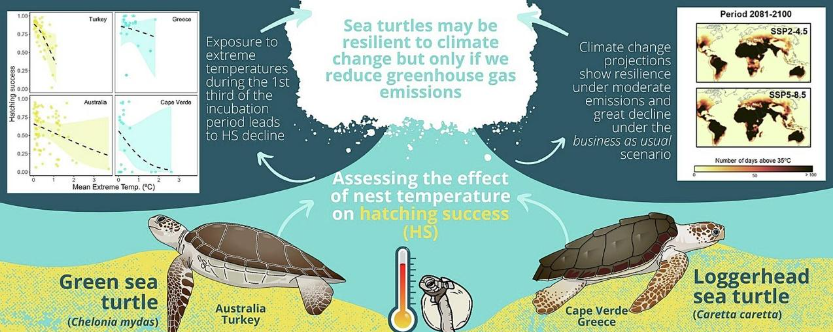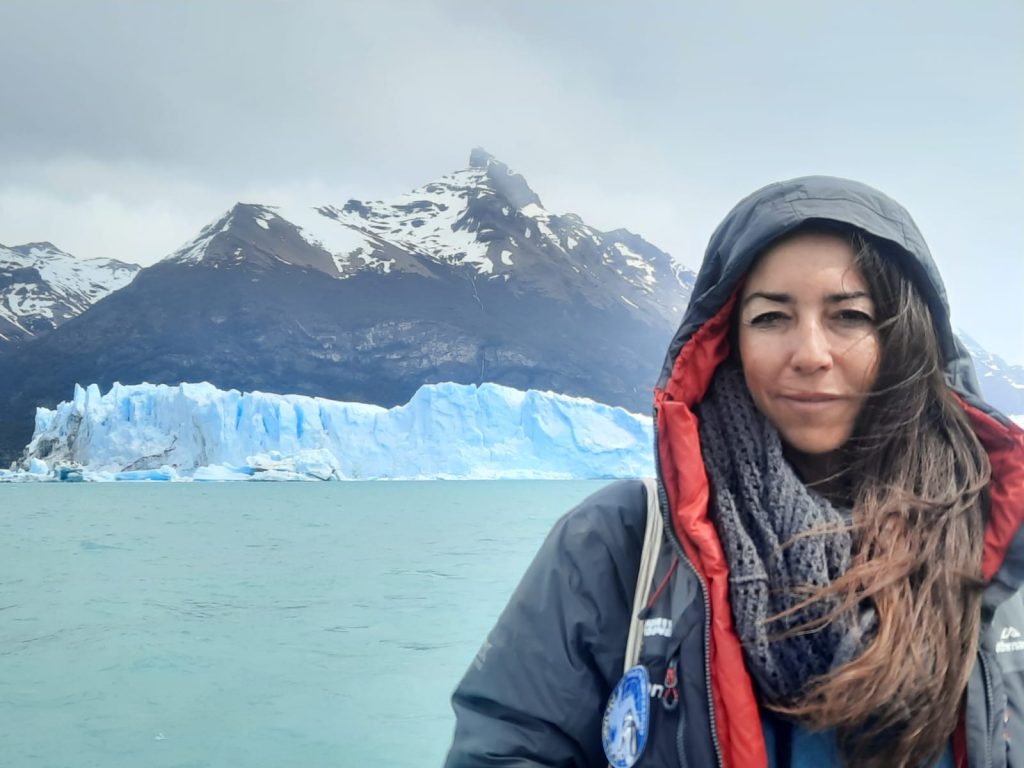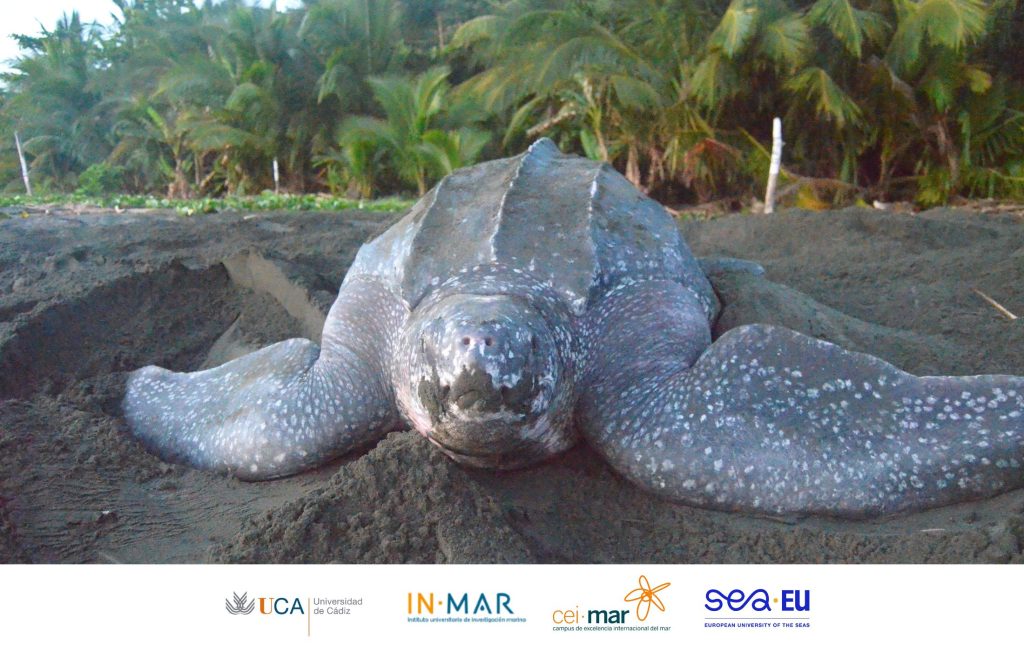La investigadora del INMAR, Margarita López Rivas, perteneciente al grupo de investigación RNM-213: Biología Marina y Pesquera, ha publicado dos nuevos artículos científicos sobre cómo afecta las amenazas antrópicas (en este caso el aumento de temperatura) sobre vertebrados marinos.
El primero de ellos, titulado “Tropical vs. temperate sea turtle population resilience to extreme temperatures” y publicado en la revista Ecological Indicators, se centra en el estudio de cómo las condiciones extremas de temperaturas en nidos, afecta al éxito de la eclosión en dos especies de tortugas; la tortuga verde (Chelonia mydas) y la tortuga boba (Caretta caretta) en dos lugares tropicales (Cabo verde y Australia) y en dos lugares templados (Turquía y Grecia). Referencia: https://doi.org/10.1016/j.ecolind.2024.111731

El segundo de ellos, “Relation between beluga whale aggregations and sea temperature on climate change forecasts” publicado en la revista Frontiers in Marine Science, estudia la relación entre el aumento de las temperaturas y la distribución espacial de las belugas (Delphinapterus leucas), incluso dentro de una misma población y sus patrones de comportamiento, concretamente en belugas. Cabe destacar, que este artículo ha sido cofinanciado con fondos procedentes del proyecto QUALIFICA del INMAR (QUAL21-0019, Junta de Andalucía). Referencia: https://doi.org/10.3389/fmars.2024.1359429

Si quieres obtener más información de los mismos, puedes contactar con ella a través de su correo electrónico: mlrivas@uca.es


